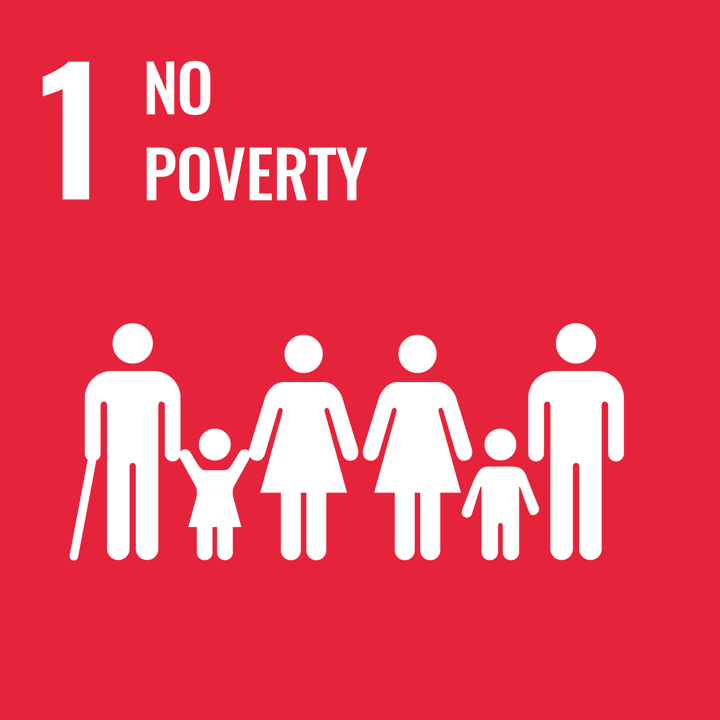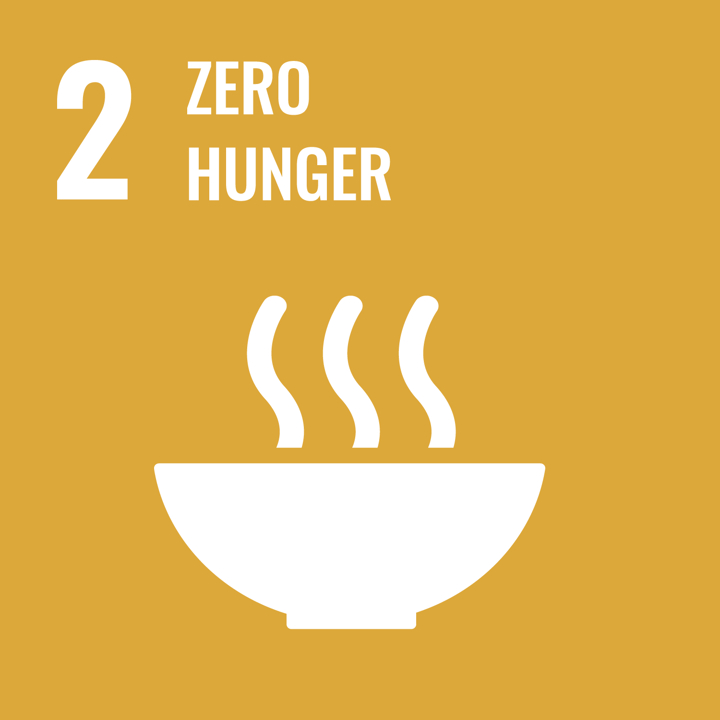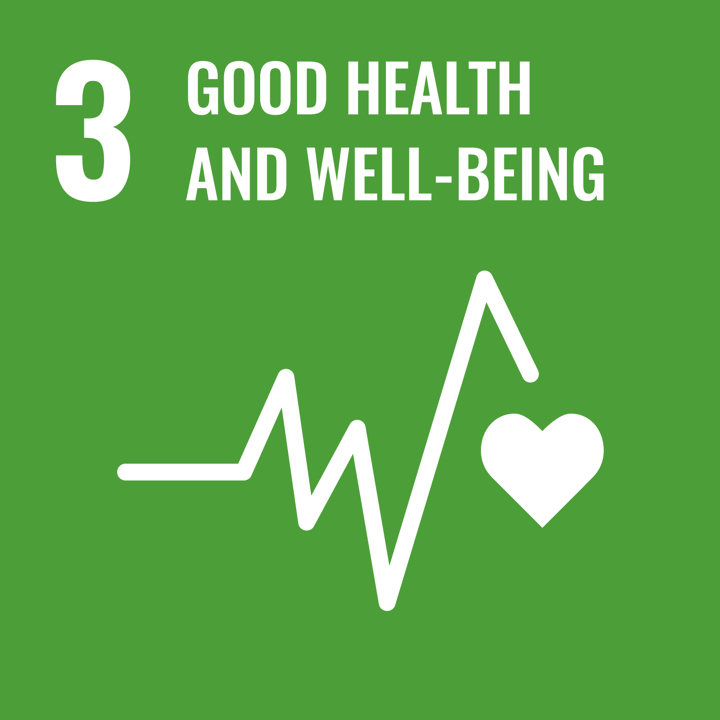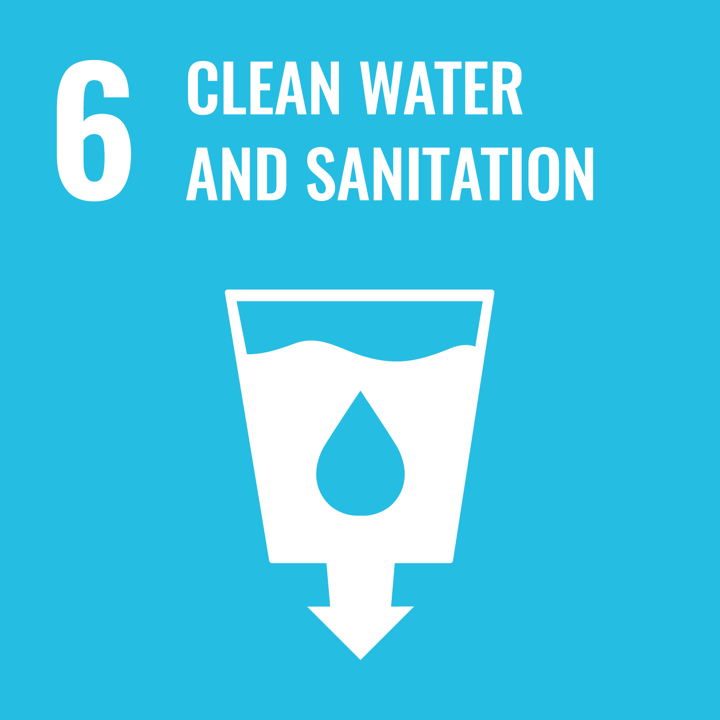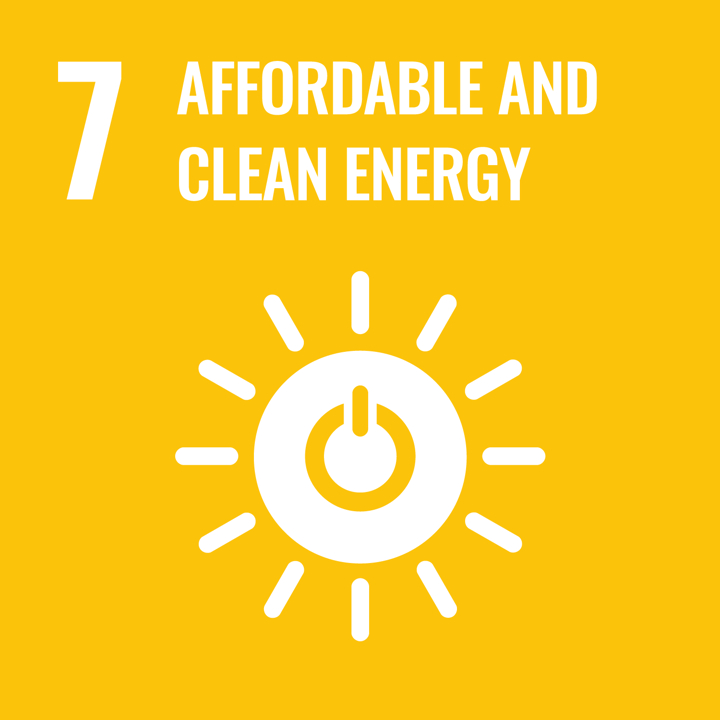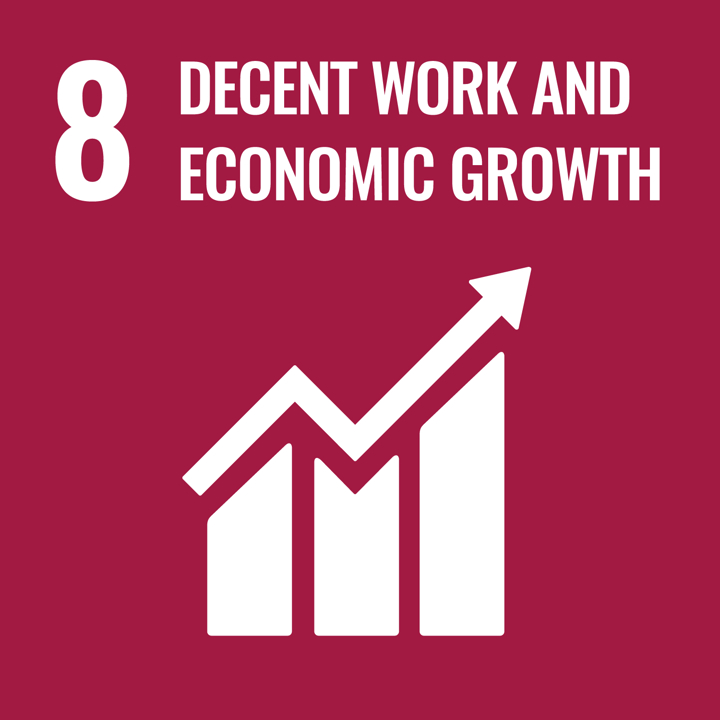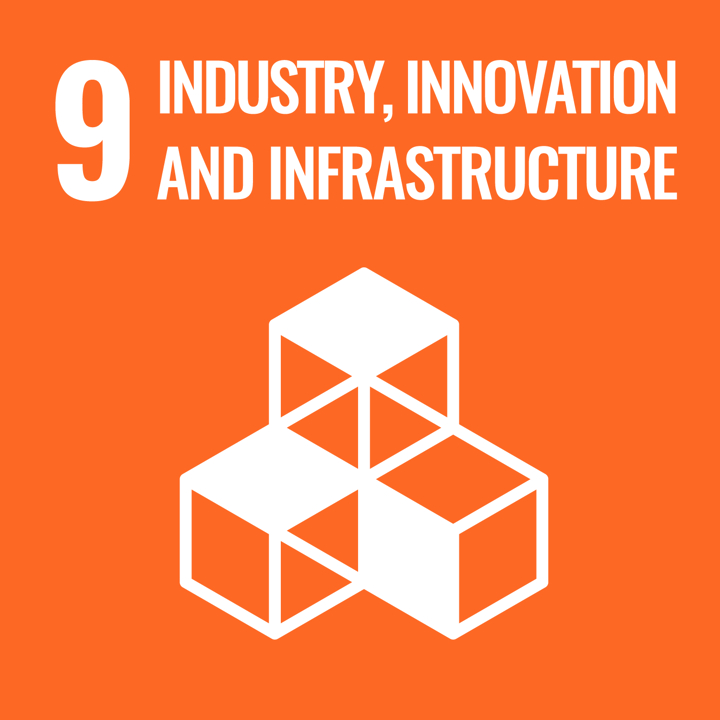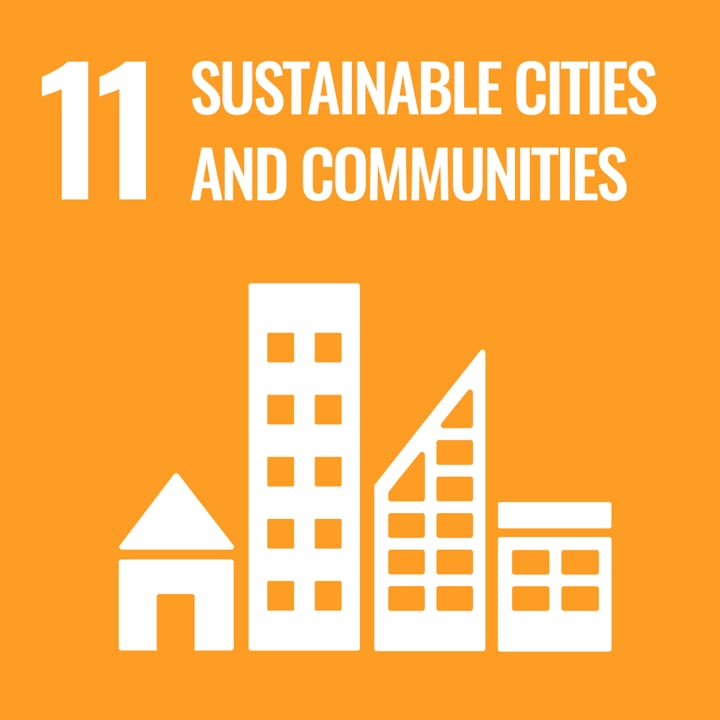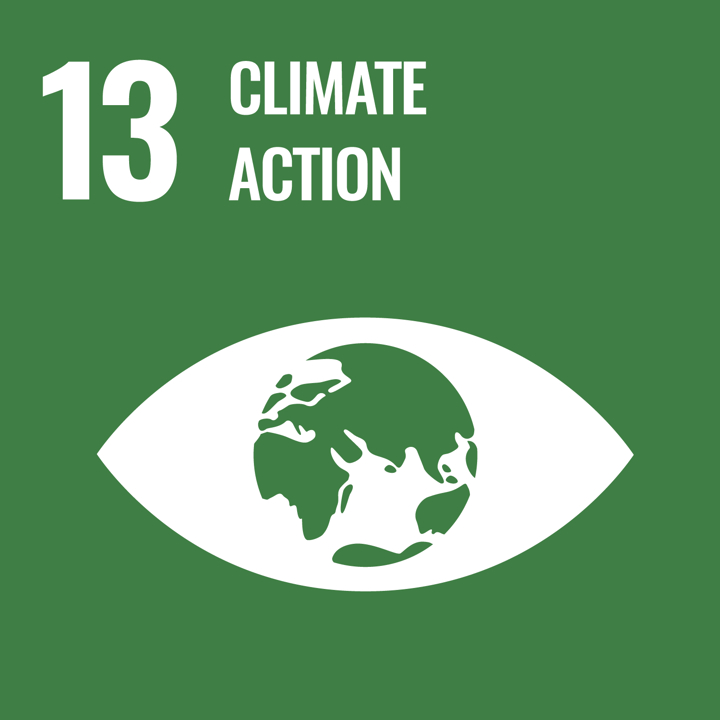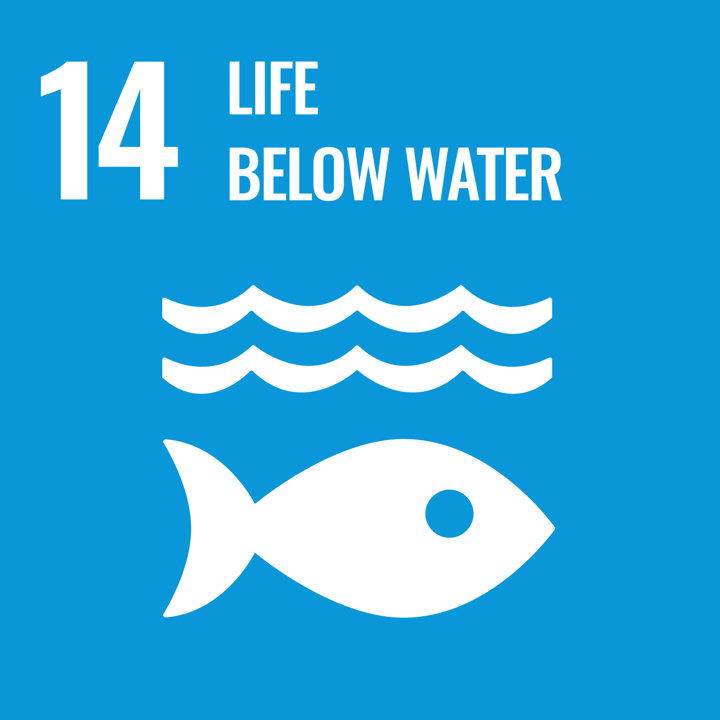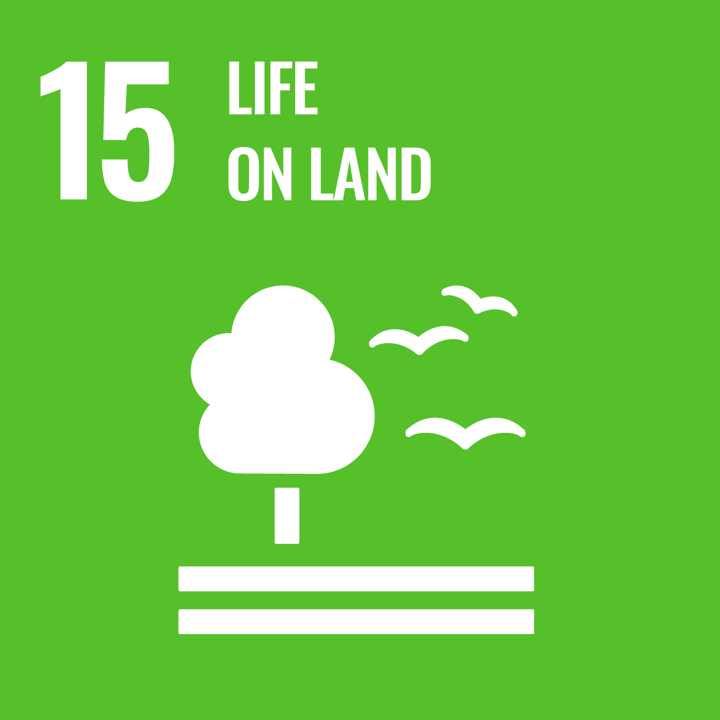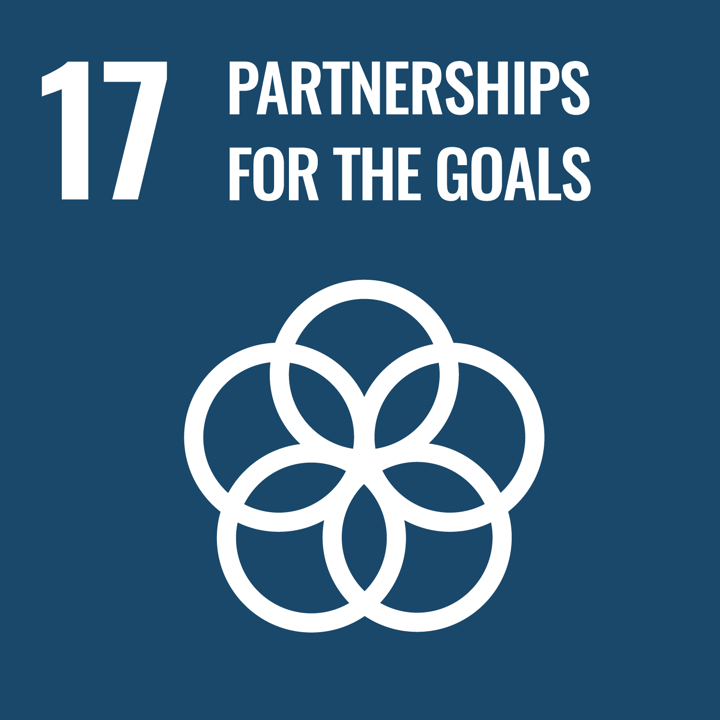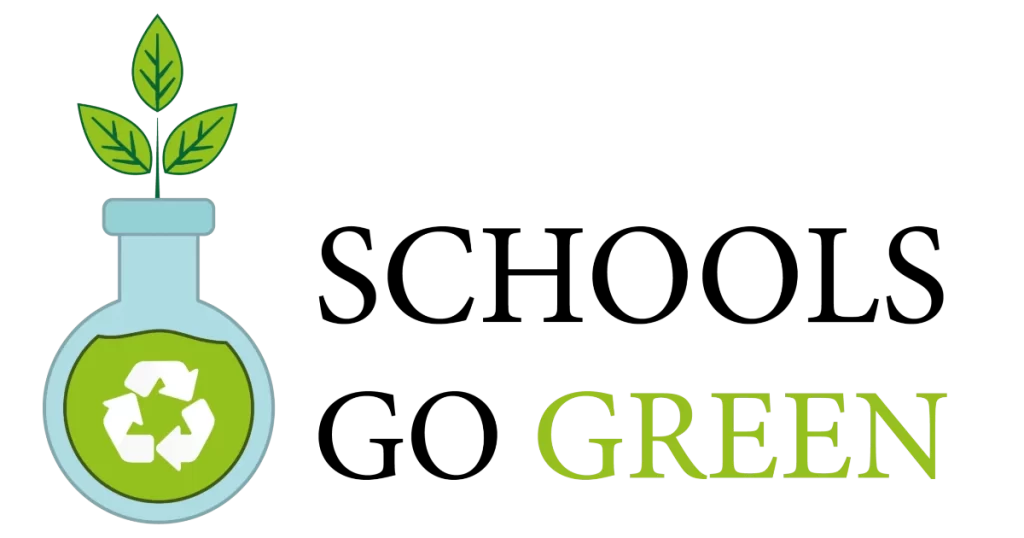
Intended End User: Teacher
Age Group: Lower Primary; Upper Primary; Lower Secondary
School Curriculum: Maths, Science; Social, Physical & Health Education; Social & Environment Science; Languages; Arts; Business Studies; Applied Science
Themes and Topics: Energy Use and Production, Environmental Change, Food and Agriculture, Citizenship
Duration: 11h – 70h.
Type of Resource: Guidelines & Notes, Lesson Plans, Presentation
Keywords: European Green Deal; Formal Education; Informal Education; Whole School Approach
Languages: English, German, Greek, Portuguese
Description
The Schools Goes Green package is a comprehensive educational resource designed around a whole school approach, engaging teachers, teacher educators, school leaders, and researchers.
It includes a multimedia Eco-Glossary featuring small stories, a set of e-learning materials with audio-visual tools such as student presentations, teacher handbooks, and lesson plans, all available in six languages (English, German, Greek, Polish, Portuguese, Romanian).
Comprising seven modules, each module provides a teacher’s guide, lesson plans to enhance green competencies, and materials that cater to varying difficulty levels to ensure a logical and incremental progression in learning.
Additionally, the package offers the GoGreen Barometer (https://sgg.erasmus.site/surveys) to assess and improve a school’s environmental performance, along with access to a databank of helpful resources, sources, videos, and tools (https://sgg.erasmus.site/databank).
It also includes a Mapping Tool – Schools Go Green initiative that involves participating organizations.
Aligned with Synapses Academies’ vision, the Schools Goes Green toolkit not only provides lesson plans but also a versatile set of tools to implement sustainable practices effectively in every school, ensuring that all stakeholders are supported in fostering a greener educational environment.
How to use this resource
Teachers can use the Schools Goes Green resource to integrate sustainability into their classrooms by:
- Evaluating Green Practices: Use the GoGreen Barometer to assess and improve the school’s environmental performance.
- Planning Lessons: Access multilingual lesson plans, the teacher’s guide, and interactive tools like the Eco-Glossary to teach green concepts.
- Enhancing Skills: Gradually introduce materials that build students’ green competencies at varying difficulty levels.
- Supplementing Resources: Explore videos, tools, and resources in the databank for additional classroom activities.
- Collaborating: Apply the whole school approach by involving colleagues, school leaders, and parents in green initiatives.
- Networking: Join the Mapping Tool initiative to connect with other schools and organizations.
This resource helps foster a sustainable mindset while providing practical tools for teachers.
The resources
The resource contains 7 modules that include a teacher’s guide, lesson plans, and materials in multiple languages.
- Web location is here: https://schoolsgogreen.eu/intellectual-output-3/
The GoGreen Barometer will help you assess how green your school is and what can be improved: https://sgg.erasmus.site/surveys
Helpful resources, sources, videos and tools to help you increase your knowledge: https://sgg.erasmus.site/databank
Learning Outcomes
- Elicit prior knowledge and further develop knowledge and comprehension of key Sustainability Citizenship key concepts, challenging established worldviews and values.
- Apply a range of suitable tools and frameworks to promote student Sustainability Citizenship
- Reflect on practice and examine national curricula to identify opportunities to promote Sustainability Citizenship in interdisciplinary ways and engage with external stakeholders.
- Collaboratively synthesise the knowledge, tools and frameworks to create educational materials and lessons plans adapted to their own local context
- Develop and apply assessment criteria to evaluate Sustainability Citizenship in students.
Green Competencies
- Embodying Sustainable Values: Valuing Sustainability; Promoting Nature
- Embracing Complexity in Sustainability: Systems Thinking; Critical Thinking; Problem Framing
- Envisioning Sustainable Futures: Futures Literacy; Adaptability
- Acting for Sustainability: Political Agency; Collective Action; Individual Initiative
Creative Commons

The resource is licensed through a CC attribution-share alike
SDGs
